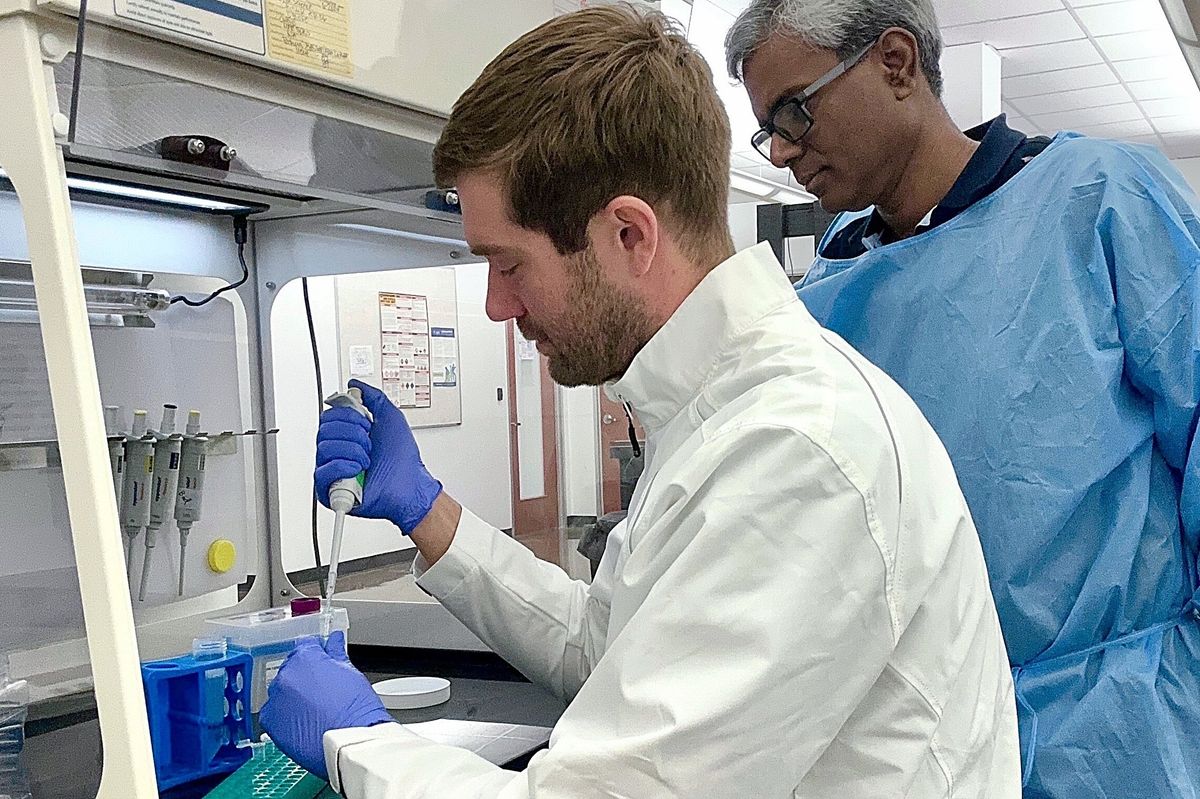Houston biotech startup PHIOGEN is among 45 finalists that will present at this year’s SXSW Pitch showcase in Austin.
PHIOGEN is one of five food, nutrition, and health startups that will participate in the pitch competition, set for March 9 and 10. A panel of judges will listen to the pitches and then pick the winners. Since 2009, SXSW Pitch finalists have raised more than $23.2 billion in funding.
PHIOGEN has developed the world’s first biogenetics technology platform to harness the power of bacteriophages in the fight against serious drug-resistant infections. Bacteriophages — viruses that are found in bacterial cells — “are ubiquitous in the environment and are recognized as the most abundant biological agent on earth,” according to an article published in 2022 by StatPearls.
Founded in 2023, PHIOGEN is a spinoff of the Baylor College of Medicine’s TAILOR Labs. The startup, based at the Texas Medical Center’s Innovation Hub, has attracted more than $5 million in funding.
“Nothing about our treatments is fabricated; it boils down to creating natural environments that mimic real-life infections, driving biological changes to create ‘super phages’ against the superbugs,” Amanda Burkardt, CEO of PHIOGEN, said in 2023. “As a result, we receive high-performing phage fighters that are trained and ready to deliver safe and effective treatments for clinical applications.”
Professional services firm KPMG is the main sponsor of SXSW Pitch.
Six of this year’s SXSW Pitch judges are from Houston:
- Heath Butler of Mercury Fund
- Jesse Martinez of LSA Global
- Trevor Purvis of the Houston Astros
- Anu Puvvada of KPMG
- Irene Tang of StartOut
- Nate Thompson of HTX Sports Tech
“2024 is an exciting year for startups, and we are looking forward to showcasing these inspiring companies that are making waves in their respective industries and the world as a whole, as well as help connect them with the resources needed to continue advancing,” says Chris Valentine, producer of SXSW Pitch.

 CEO Cameron Owen and Chief Scientific Officer Deenadayalan Bakthavatsalam work on insulin purification in the Houston lab. Photo courtesy
CEO Cameron Owen and Chief Scientific Officer Deenadayalan Bakthavatsalam work on insulin purification in the Houston lab. Photo courtesy